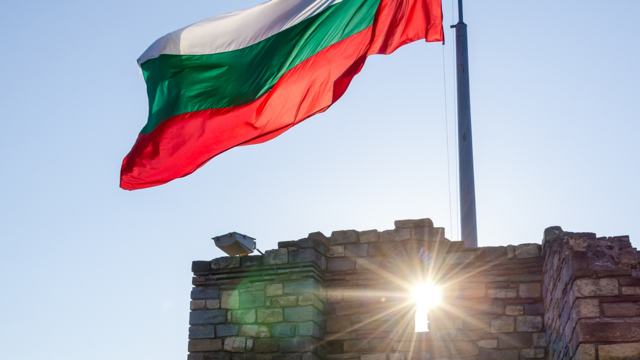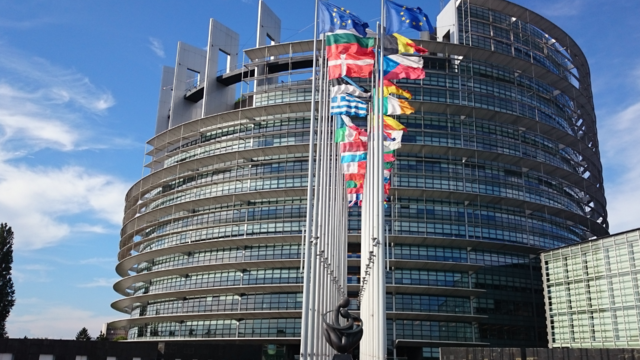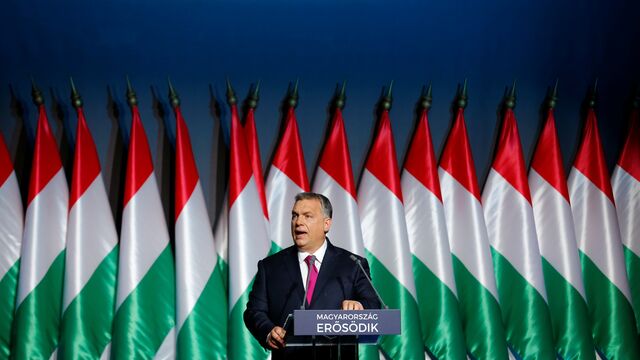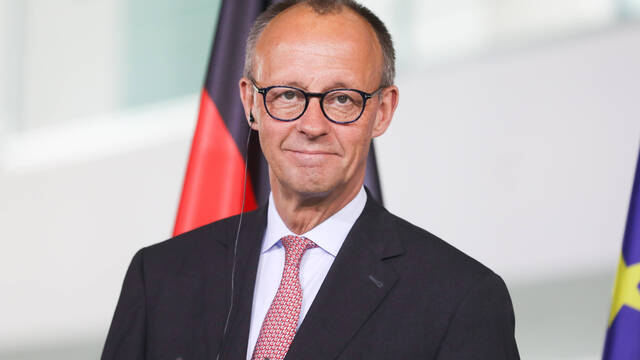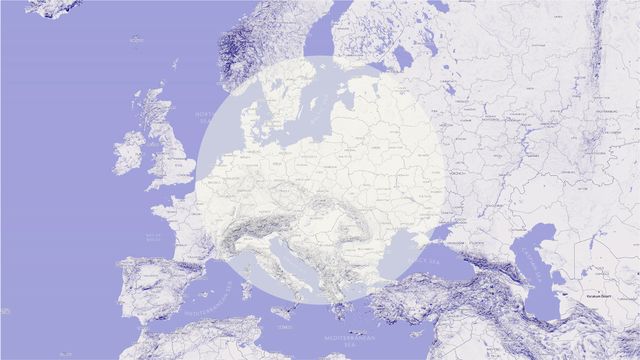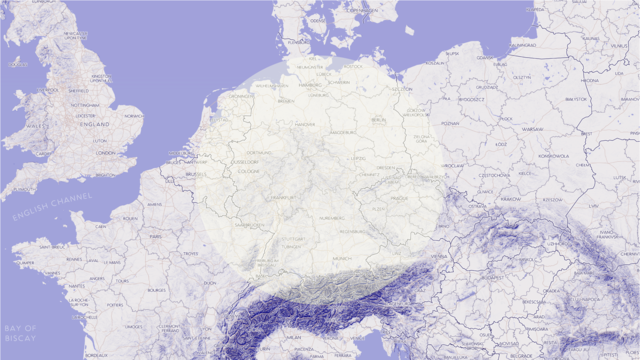The 2021 Federal Election and Its Implications for Russian/German Relations
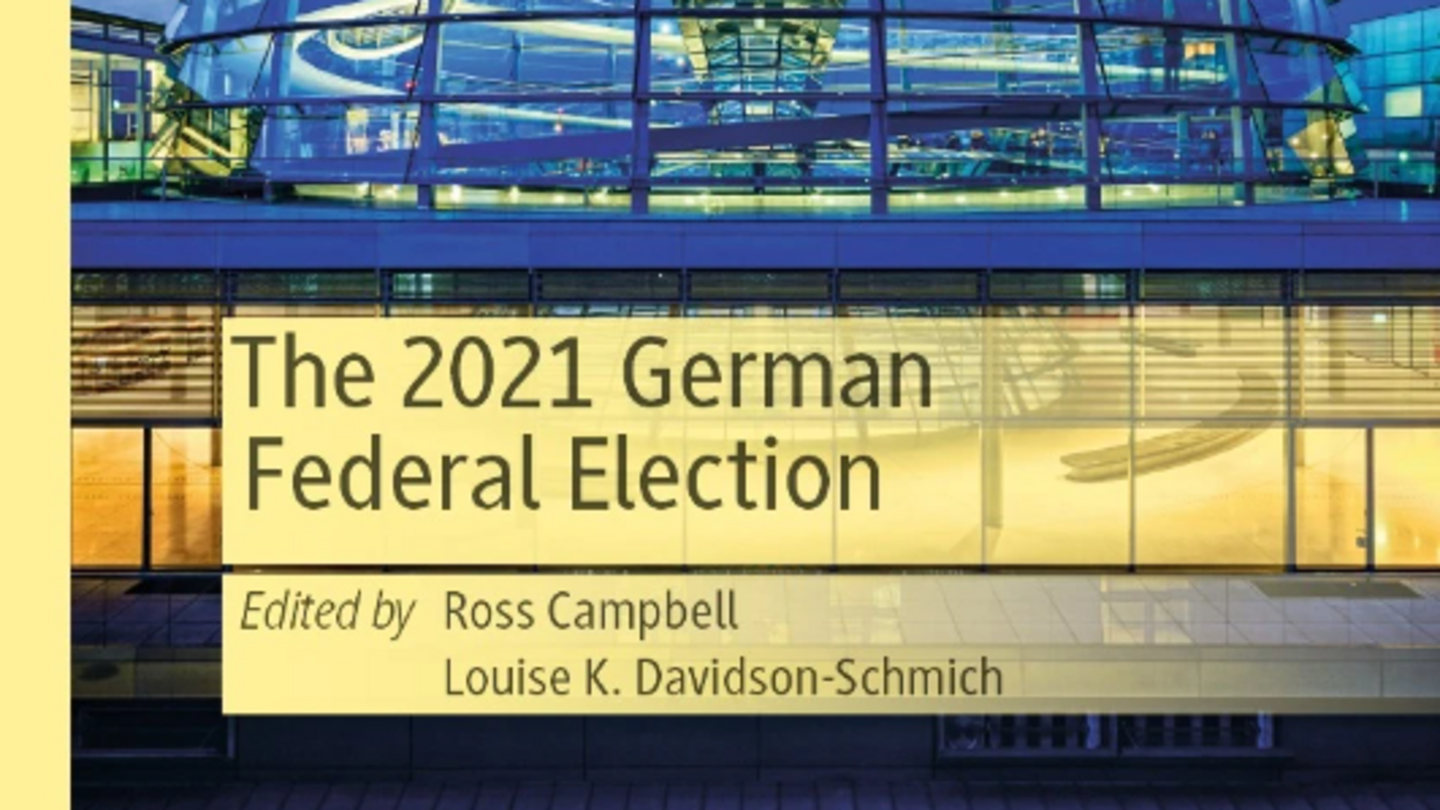
What do the 2021 German election results say about foreign policy of German's political parties towards Russia? How have the results influenced the current state of Germany's Russia policy? Find out in the new chapter by our researchers Jakub Eberle and Vladimir Handl in the "The 2021 German Federal Election".
This chapter evaluates the development of Germany’s Russia policy. Since 2014, Germany has pursued contradictory policies that tried to manage and deter Russia’s hostile behaviour, while simultaneously increasing its energy dependence on it. Foreign policy played a minor role in the 2021 election, but Russia was a prominent and contested topic, revealing a three-way split: CDU/CSU and SPD defended the status quo, while the Greens and FDP pushed for a tougher line, and AfD and The Left Party called for détente. The election and subsequent coalition agreement did not lead to a fundamental change, which was forced on Berlin only by Russia’s war of 2022. Chancellor Scholz pronounced an ‘epochal shift’ (Zeitenwende), but the ambiguity in its implementation damaged the position of the government among its more hawkish partners, especially in Eastern Europe. At the present time, the future strategy towards Russia is still unclear. While going back to business as usual is not an option, it remains unsolved how to combine confrontational policies with the traditional emphasis on military restraint, trade and diplomacy.

